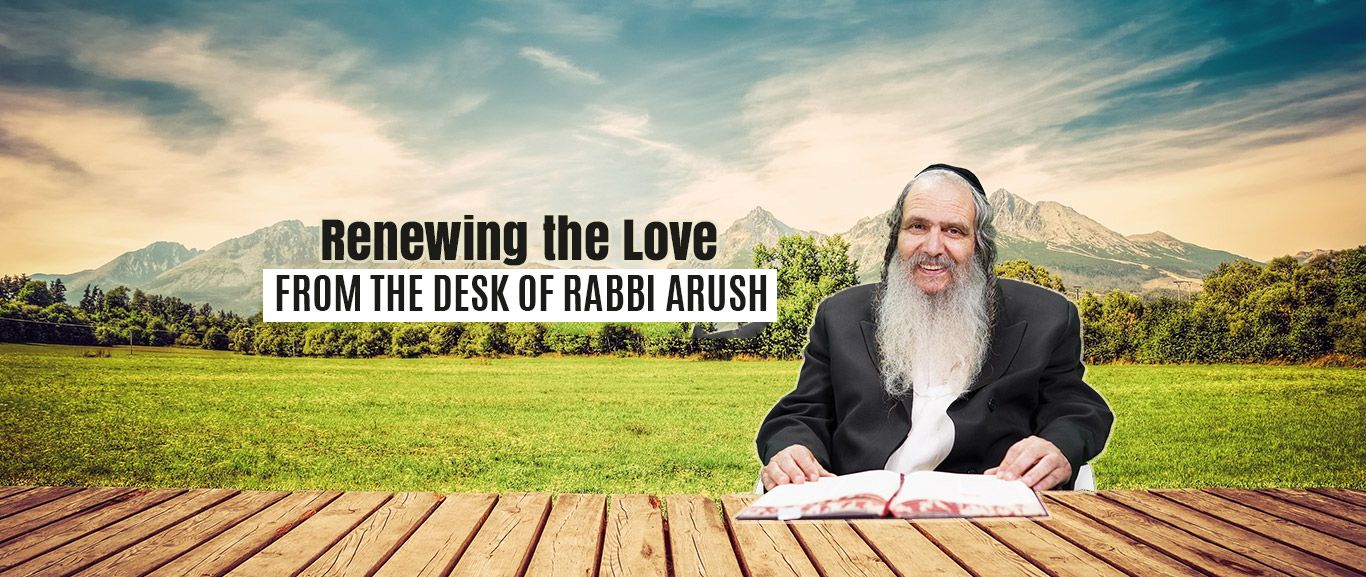
Renewing the Love
Yom Kippur depends on believing that Hashem loves you unconditionally. It is THE day when we see His tremendous mercy, His wish to extricate us from our sorry state, and to return us to the healthy and proper path.

Translated from Rabbi Arush’s feature article in the weekly Chut shel Chessed newsletter. The articles focus on his main message: “Loving others as yourself” and emuna.
Renewing the Love
When we get nachat (pleasure) from our children, the parental feeling is aroused in all of us. The hearts of the father and the mother flutter with happiness when the son gets his aliya at his bar mitzvah, or during a child’s graduation ceremony. There’s no doubt about it – our eyes are filled with tears when a son or daughter receives a special award for being outstanding or enjoying special success.
This is a revelation of a father’s love at its best! The father’s heart goes out to his son and his desire to want to invest in him, to pamper him, to shower good on him increases.
But there is another situation in which the father and mother’s love reveals itself much, much more; it is the zenith. When does that happen?
It happens particularly when the son is not in good shape, physically and spiritually. May you never know such pain, but every parent who has accompanied a child while he is being hospitalized knows the feeling: the heart is overflowing with feeling for the poor child.
Especially when the child is in great danger, when he falls and fails and gets into trouble, and especially when he is not successful – then the father and mother’s love work overtime. The parental emotions reach a zenith, and, in addition, in these situations, their desire to give and to shower benefits on the child is many times more than when the child is providing them with nachat. And they are willing to give and shower benefits much beyond their abilities and strength.
Children – In Any Situation
Last week we wrote that the main point of teshuvah (repentance) is to know that Hashem is a loving Father, Who only wants to give and shower benefits and help. And there are those who ask: Is this only when we are good children who give nachat to the father, or is it also when we are problematic, far from providing nachat to our Father in Heaven?
The Netivot Shalom uses exactly the example we brought here to prove that the lower the son’s state, the more the love of the Father in Heaven is revealed. And so, we can see more and more the tremendous mercy, the wish to help us and save us and extricate us from our sorry state and to provide us with daat (understanding) and help and everything we need to rehabilitate us and return us to the healthy and proper path.
The main stage in doing teshuvah starts from knowing that you are a beloved child! And if this is true for every ordinary Jew, how much more so is it true for someone who has sinned and fallen and distanced himself, and someone who has difficulties and inhibiting factors and bad inclinations, and someone who feels lowly and miserable, and someone who suffers from physical and mental illnesses – all the more so that the first act of teshuvah that he must do is make himself into a child of Hashem, in other word, to bring to life in his heart the feeling that his Father loves him, and that his Father feels more and more mercy and wants to help him, and that he will always have only good, and better – and to repeat this again and again and internalize it completely.
Bringing the Salvation Upon Ourselves
The more a person will believe and know that Hashem loves him, the more he will merit to do complete teshuvah, as the Netivot Shalom says1 – he calls this son who is so far from his Father in Heaven a “retarded son”:
“The way to bring this upon oneself is by a Jew believing and feeling that he is a prince, and even if he is like a retarded son, he remains the prince – from the power of this emuna (faith), he brings upon himself the salvation! The clearer a Jew’s emuna and trust in Hashem yitbarach (may He be blessed) are, the more all the gates open for him, and it is impossible to refuse his request!”
The yeshua (salvation) is, of course, not only a material salvation, but also and mainly a spiritual salvation, which is the true salvation, such as: complete emuna, teshuvah, kedushah (holiness), rectification of the deeds, rectification of the middot (traits), success in Torah learning and in praying and in serving Hashem, as well as shmirat habrit.
That is why the entire secret of the Jewish people’s teshuvah and the awesome revelation of the Thirteen Attributes of Mercy were revealed particularly after the Sin of the Golden Calf, after the Jews fell from their lofty level. The yetzer hara used the opportunity to show them that they are very distant from Hashem and have no hope, and that is why they mourned so much.
But Moshe Rabbeinu knew that there is no such thing as Hashem being disgusted with the Jewish People, and he had perfect faith that they were still His beloved children. So, he didn’t let go and didn’t give in until Hashem’s love and mercy were completely revealed, causing salvation for all generations. That is why we were promised that “Whenever Yisrael sins in front of me, they should carry out this service before me, and I will forgive them.”
The Preparation for the Holy Day
This is an infinitely valuable, clear, and sharp message for every Jew: Everything – everything – depends on the knowledge that Hashem loves you. The tzaddikim went to much trouble and labored to reveal Hashem’s mercy and His immense love, all for our benefit – so that we will know this well and will not forget this simple truth for a moment: that always, and in every situation, we are the beloved children of Hashem.
Every Jew and Jewess who believe in complete and simple faith that Hashem is a loving father and always loves me, and always does only good and more good – nothing in the world will confound me. From every fall I will get up and be empowered and grow more and more.
That is the approach to the holy and awesome Yom Kippur. We do not approach Hashem hesitantly and fearfully – fearing that He is angry with us. The exact opposite is true: We are coming to Hashem with joy and immensely thankful, knowing clearly that He gave us this holy day precisely because He loves us and wants to forgive us and give us an opportunity to wipe the slate clean and start over again. And He wants to grant us chochma, bina, and daat (wisdom, understanding and comprehension) – teaching us how to change and truly improve ourselves and our actions, and how to avoid doing evil actions from now on.
Teshuvah Out of Love
The regrets about the bad deeds we did comes precisely from knowing that Hashem loves us, and Rabbi Avraham, the son of Rabbi Nachman, prays in his book, Kochvei Ohr, in the section on sasson and simcha (gladness and joy):
Ribbono shel Olam (Master of the World), You know that when I sometimes have a clear head, I myself don’t know what commentary can be said about me. For You, our Father in Heaven, have told us that we are called by you and are considered by you, so-to-speak, literally as children, and all Your sorrow and suffering, so-to-speak, is because we do not want to receive from You the endless pleasures that You delight in, in infinite delight, when You shower them on us, and now, can such a tremendous and immense foolishness and madness be imagined – to exchange the source of life, the source of pleasures, Hashem yitbarach, for the source of bitterness and pain, the source of dying and death, the klippa of Amalek, may his name be blotted out? Where is my intelligence, where is my wisdom, where is my comprehension?! Until when, until when, will I be sunk in such darkness, and mind-disturbing things like these…”
These are amazing phrases: the main regret is that we didn’t want to receive from Hashem the tremendous pleasure that He wants to shower upon us!
Practical Matters
And so, we will take with us now some practical guidance, both for the Yom Kippur that is coming up – may it be good – and for the entire year.
Every time you approach Hashem – before praying, before the vidui (confession) on Yom Kippur, at the beginning of your daily hitbodedut, every time you pray or say Tehillim or visit the tombs of tzaddikim – always, always, always start with repeating the fact that you know that Hashem loves you. Always remind yourself and think that Hashem loves you and does things for your benefit and all He wants is to do more and more good things for you.
That is the first teshuva we must do on Yom Kippur: beg forgiveness for not believing enough that You love us! Help us to believe in that and to know that and live it fully!
That is the point where everything begins. It is impossible to move forward in anything connected to serving Hashem without knowing this!
Knowing this and repeating it constantly is truly a life-changer! It upgrades and brings upon you Heavenly Help with everything that you do. Your prayers on Yom Kippur will be entirely different, because you will be praying with full hope and faith that Hashem wishes to help and wishes to save you. Your hitbodedut will be completely different, and you will merit forgiveness, pardon, and a gmar chatima tova, a good final decree for this year.
Editor’s Note:
1 Netivot Shalom, Volume beit, “Holidays and Festivals”, Yom Kippur



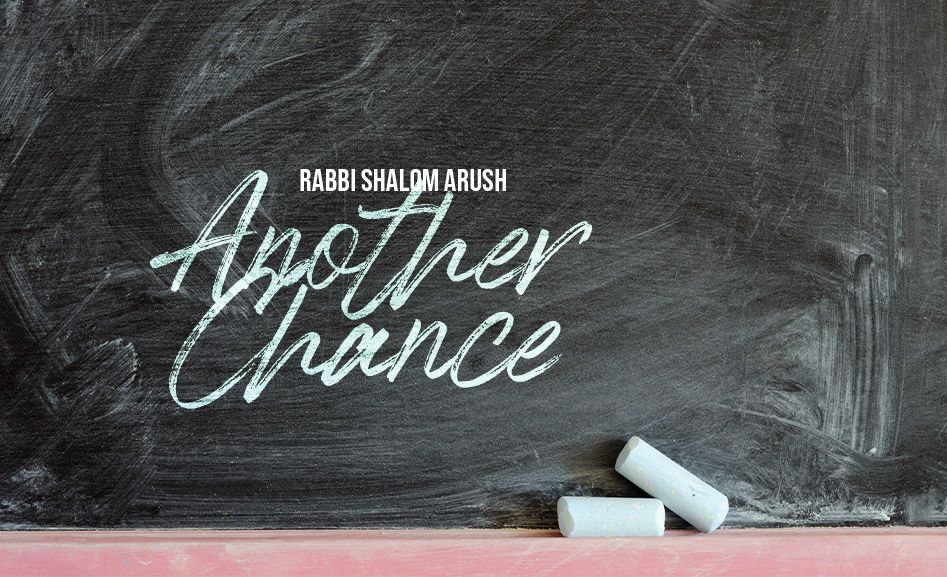

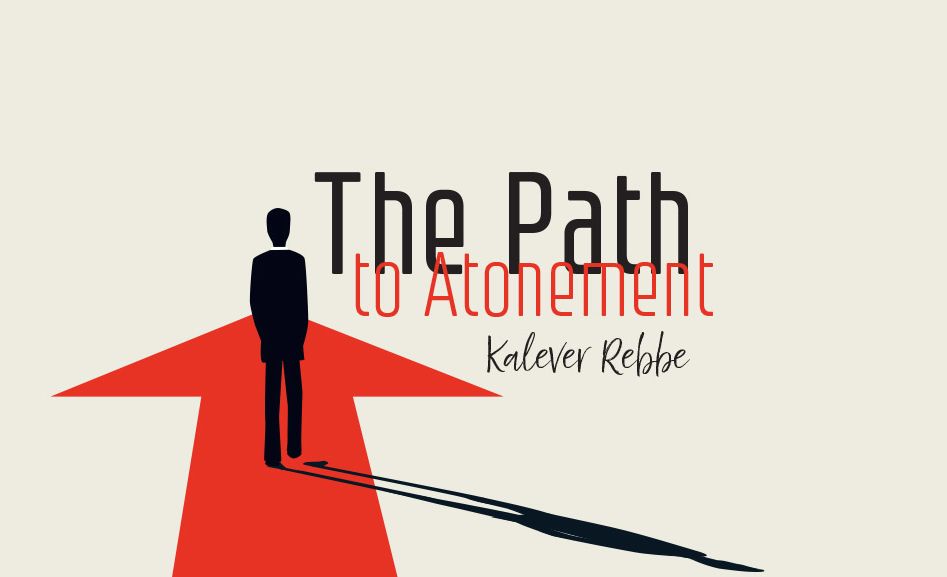
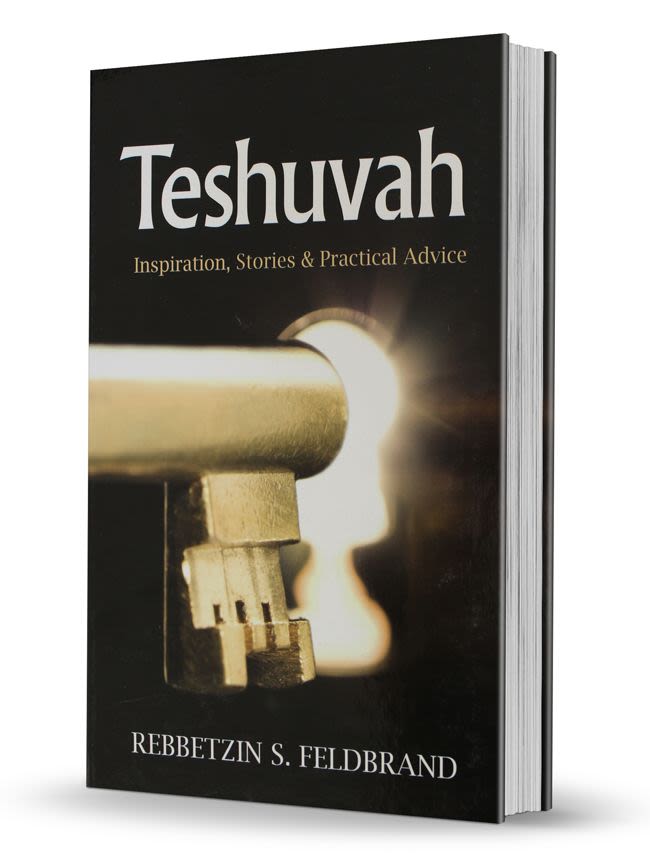
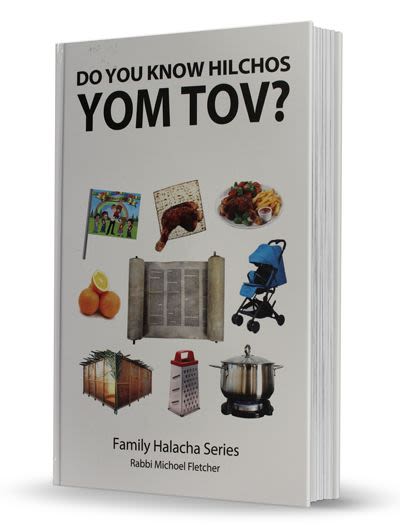



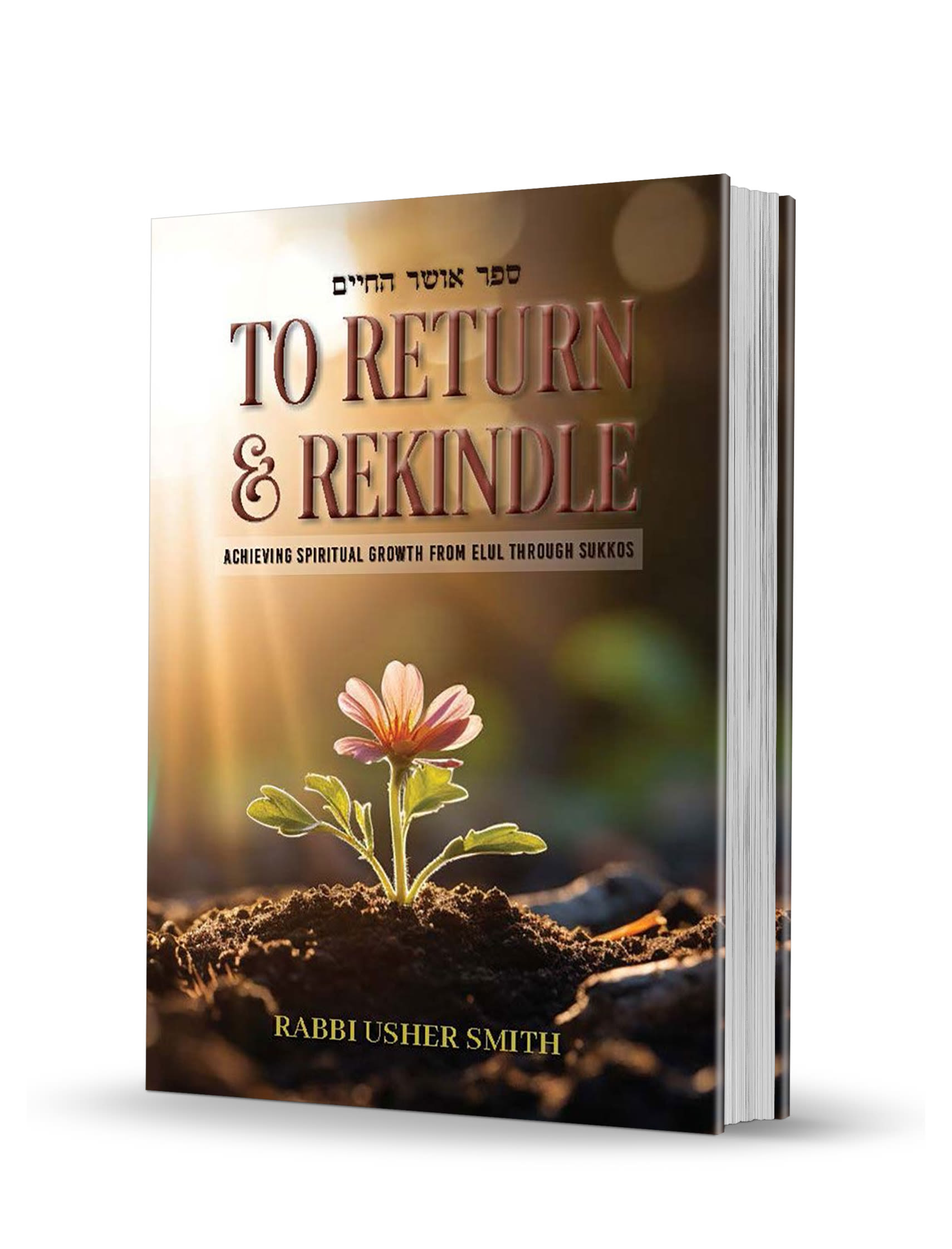
Tell us what you think!
Thank you for your comment!
It will be published after approval by the Editor.